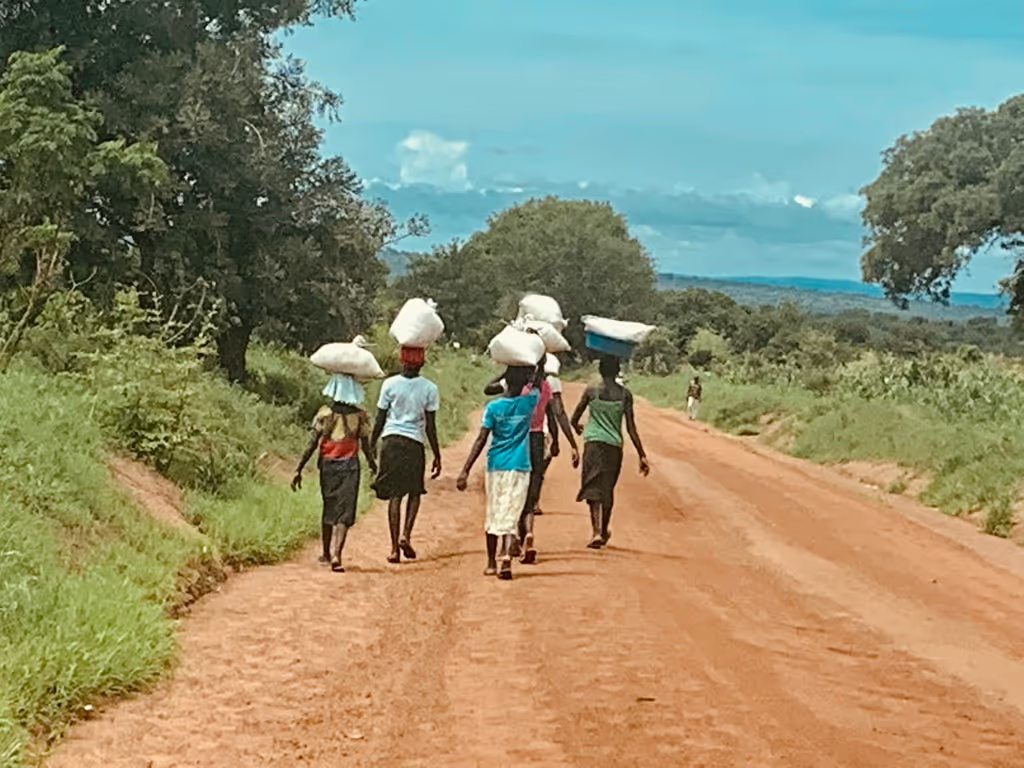An Assessment of Health Service Coverage in Refugee and Host Communities in Northern Uganda

With funding from the HIF in 2014 the Liverpool School of Tropical Medicine developed Lot Quality Assurance Sampling (LQAS) survey techniques to monitor the performance and impact of health services provision in an IDP settlement in South Sudan. Given the project's success, in 2019 the HIF awarded LSTM a diffusion grant to scale their innovation with internally displaced persons (IDPs) in the long-term refugee settlements of northern Uganda.In partnership with World Vision Uganda, LSTM's research found that primary health services in the West Nile settlements of norther Uganda are consistently not meeting acceptable standards. The project team looked at coverage of Maternal and Child Health, Food Security, and Water, Sanitation and Hygiene in order to inform World Vision' West Nile Refugee Response Programme. Key findings included:
- Postpartum care for the mother and infant was very low and well below regional averages.
- Prevalence of fever and diarrhoea were higher than regional averages;
- Unmet need for family planning was high;
- Compared to host communities, refugee children had inadequate meal frequency, poor minimum dietary diversity, and lacked minimum acceptable diet;
- High access to water sources and improved latrines in refugee communities, yet hygiene in both refugee and host communities was very poor.
Find out more about the research in this Briefing Report prepared by LSTM.